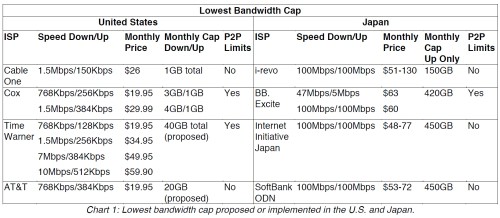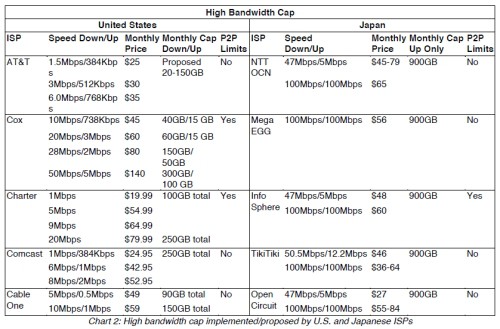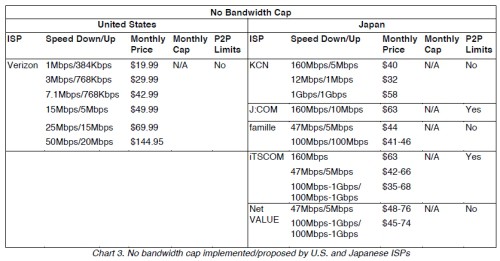 The astroturfers remain hard at work trying to convince conservatives the best way to oppose Obama Administration telecommunications policies would be to adopt industry-friendly views opposing Net Neutrality.
The astroturfers remain hard at work trying to convince conservatives the best way to oppose Obama Administration telecommunications policies would be to adopt industry-friendly views opposing Net Neutrality.
The latest to buy in is The American Spectator, publishing a piece this morning titled, “The Great Regrouping.” In it, The Prowler casts Net Neutrality as part of the Obama Administration’s plot to impose government controls on the Internet, representing a “grave threat … to free speech and conservatives’ ability to organize and mobilize politically.”
During the last day the House was in session before leaving for its August recess, Rep. Ed Markey’s staff introduced HR 3458, the so-called “Internet Freedom Preservation Act,” which would essentially enable government control of the Internet, treating the networks as a government-managed utility. (For more information about “net neutrality,” read this interview that one of the key “net neutrality” supporters gave to a Canadian socialist publication.) The Markey legislation is considered the last piece of what some conservatives consider to be Democrat and progressive attempts to control the Internet and limit citizens’ ability to use the networks to organize and oppose their agenda.
The bill was introduced the same week it was revealed that the Obama Commerce Department was demanding from the phone and cable companies highly detailed data about private citizens’ Internet and broadband connections as part of plans of “map” broadband networks across the country.
Stop the Cap! readers will recognize the source of the link The Prowler promotes — it’s from the very same Heartland Institute astroturfer we chased last week, who was arguing Net Neutrality was a tool to achieve “socialist utopia.” I pulled a muscle just reading that overreach.
My direct response can be found below the fold. Suffice to say, this is an example of classic astroturfing at work:
- A company’s government affairs department recognizes a potential threat to their business model through government oversight or regulation, or sees a financial benefit from industry-favorable legislation or deregulation. It considers a range of options, including direct lobbying, consumer outreach, and hiring experienced “inside the beltway” expertise.
- The company approves a plan of action and frequently hires a Washington-based public relations firm. That firm usually either has direct contact or close associations with astroturf organizations. As part of the PR firm’s fee, they assure the company its message will be delivered in ways that help steer any public policy debate towards their corner, using astroturfers to reach both consumers and media suspicious of a direct industry appeal, but will listen to an “independent” group.
- Suddenly, supposedly independent “public interest” groups start beating the drums. Some speak directly to consumers raising doubts and fears about regulatory matters, others attempt to suggest the public needs to get behind industry-friendly positions for their own benefit. Press releases and interview opportunities are made available to the media. Astroturfers with a known political angle wrap industry positions in ideological shells, using them to illustrate a broader ideological point.
- Most importantly, carefully avoid exposing the direct industry connection. Industry executives don’t want to admit they are paying for these campaigns. PR firms help shield the source of the industry money that flows into astroturf groups, and astroturfers work hard to avoid disclosing where the money is coming from. Even elected officials who take an industry friendly view do not want to directly reference the companies writing big campaign contribution checks. They’ll cite those supposedly independent “consulting” and “research” and “public interest” groups when reading the talking points.
Unfortunately for them, this convenient public interest shell game has been exposed.
In today’s case:
Industry opposed to Net Neutrality -> Astroturfer Groups -> Outreach to fuel opposition to Net Neutrality for “consumer” or “ideological” reasons.


 Subscribe
Subscribe




